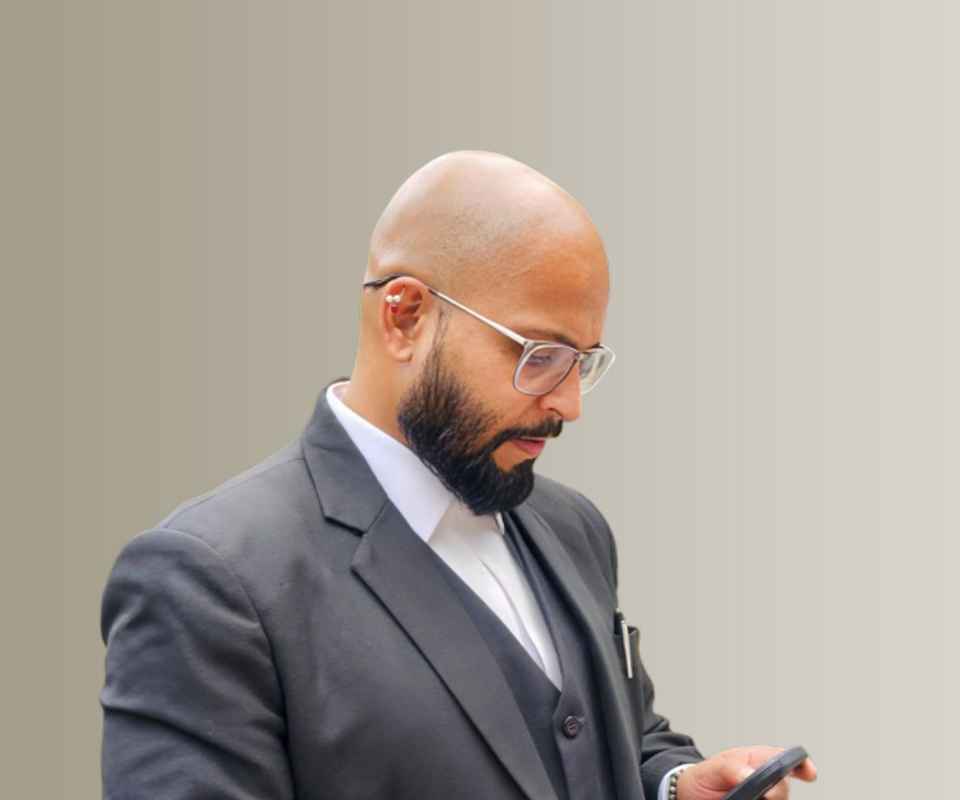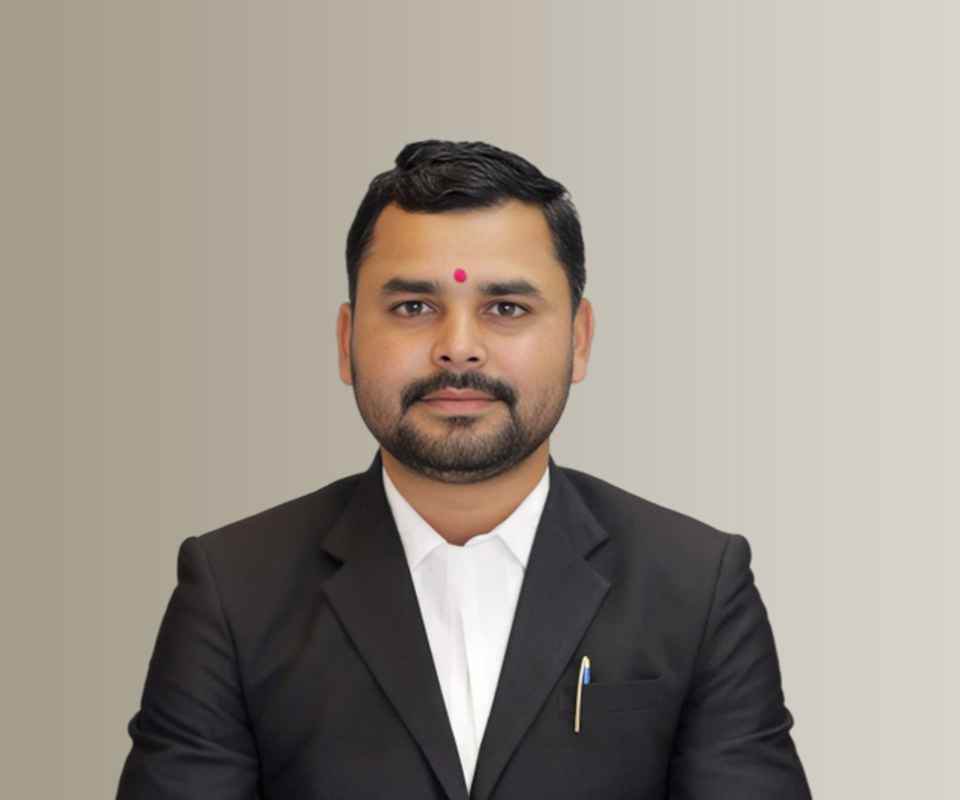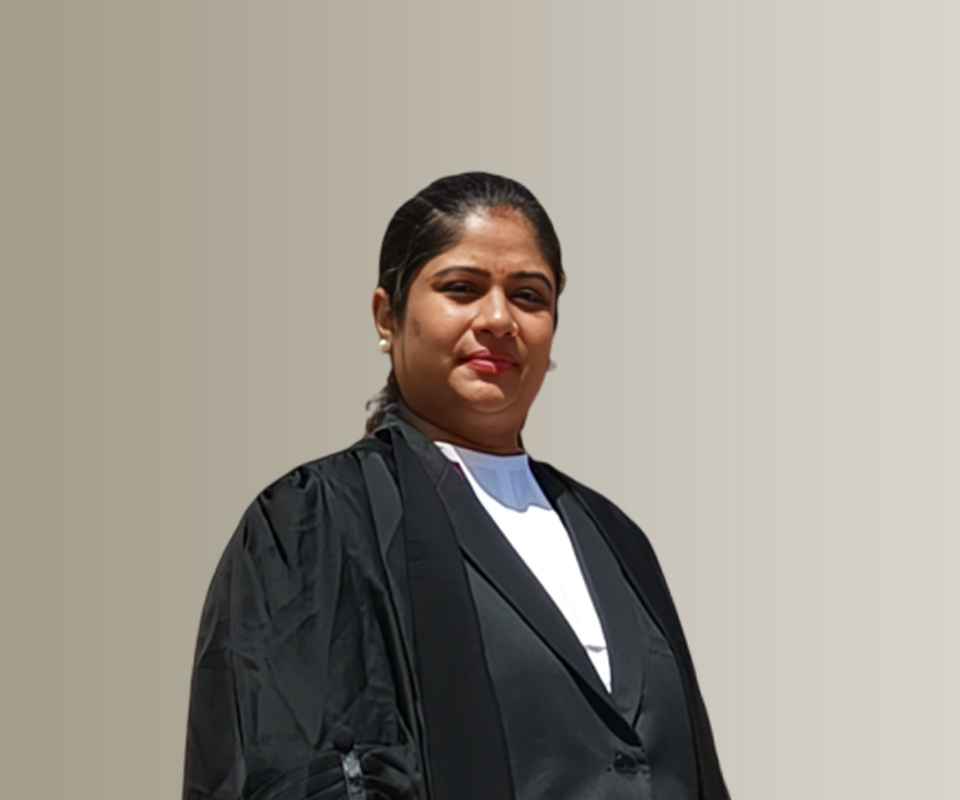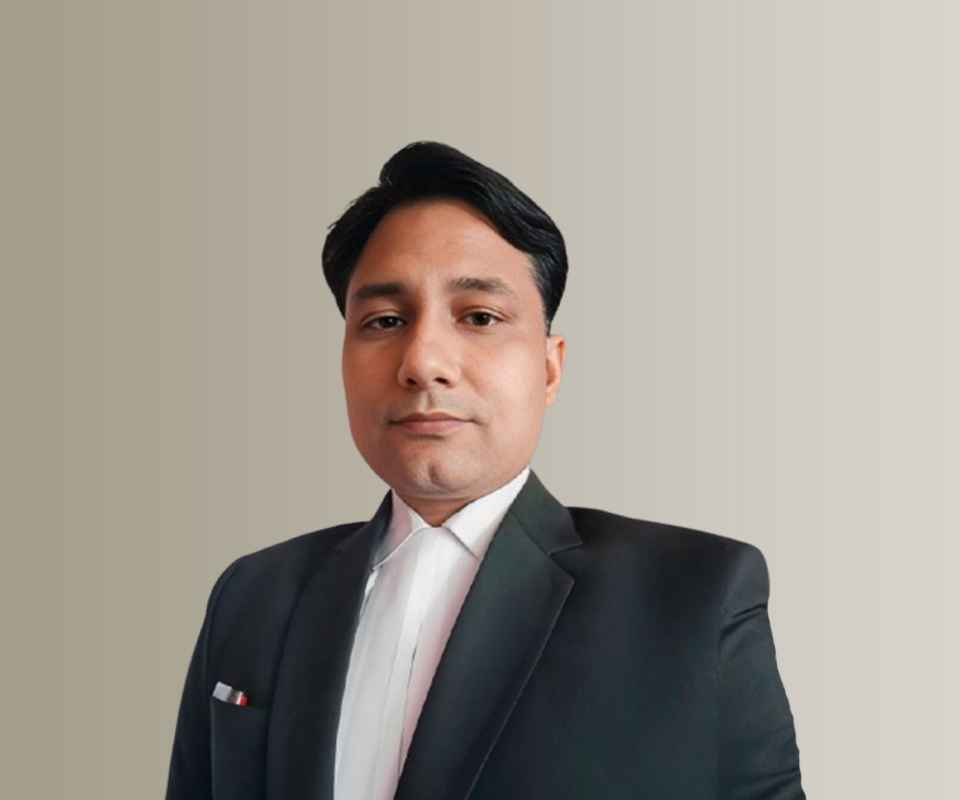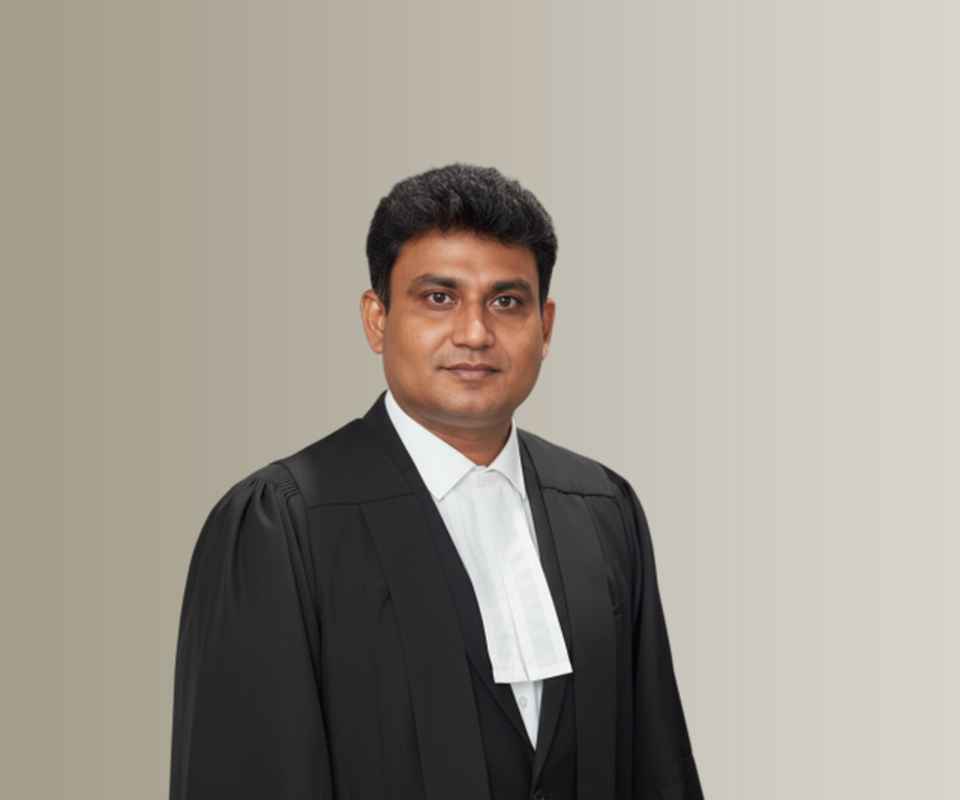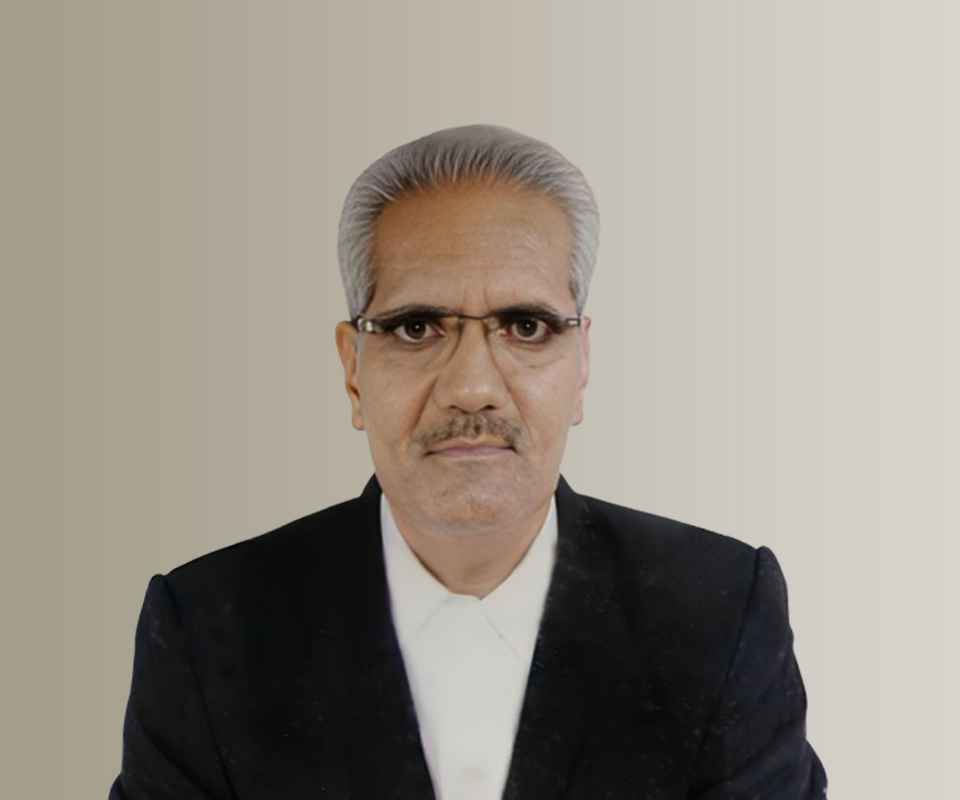Answer By law4u team
Yes, a person can be arrested for medical negligence in India, but it typically depends on the degree of negligence and the consequences of the negligent act. Medical Negligence and Criminal Liability: Under Indian law, medical negligence can lead to criminal charges, particularly if it results in death or serious injury. The relevant sections of the Indian Penal Code (IPC) and the Medical Council of India (MCI) guidelines may apply. 1. Sections of IPC Relevant to Medical Negligence: - Section 304A IPC (Causing death by negligence): - If a medical professional causes the death of a patient due to gross negligence or rashness, they can be charged under Section 304A. This section deals with causing death through negligence, which does not amount to culpable homicide. - Punishment: Up to 2 years of imprisonment, or a fine, or both. - Section 338 IPC (Causing grievous hurt by act endangering life or personal safety): - If the act of negligence causes grievous injury (injury that endangers life or causes permanent harm), the doctor can be charged under Section 338. - Punishment: Up to 2 years of imprisonment, or a fine, or both. - Section 337 IPC (Causing hurt by act endangering life or personal safety): - If the negligence causes harm or injury (not grievous), Section 337 applies. - Punishment: Up to 6 months of imprisonment, or a fine, or both. 2. Grounds for Arrest in Medical Negligence: A doctor can be arrested for medical negligence if: - The negligence is gross or reckless, meaning it falls far below the standard of care expected from a reasonably competent medical practitioner. - The negligence causes serious harm or death. - The act of negligence was done with willful disregard for patient safety or well-being. However, mere ordinary negligence, where there was no intent to harm or gross disregard for safety, usually does not lead to criminal charges or arrest. 3. Medical Negligence vs. Civil Liability: - Criminal Liability: Medical negligence that results in death or serious injury may attract criminal charges under the IPC, potentially leading to an arrest. - Civil Liability: In cases of ordinary negligence, the affected party may file a civil suit for compensation under the law of torts (negligence) rather than a criminal case. 4. Role of Courts: - Court’s Evaluation: The court will evaluate whether the negligence was gross and if it can be considered criminal. Often, a medical board or experts will be consulted to determine whether the standard of care was met. - Arrest Conditions: An arrest is typically not made immediately but occurs after investigation and when there is sufficient evidence of criminal negligence. Conclusion: A person, particularly a medical professional, can be arrested for medical negligence if it leads to death, grievous injury, or a substantial risk to the patient’s health. The degree of negligence, whether gross or ordinary, will determine if criminal charges are applicable.
